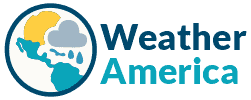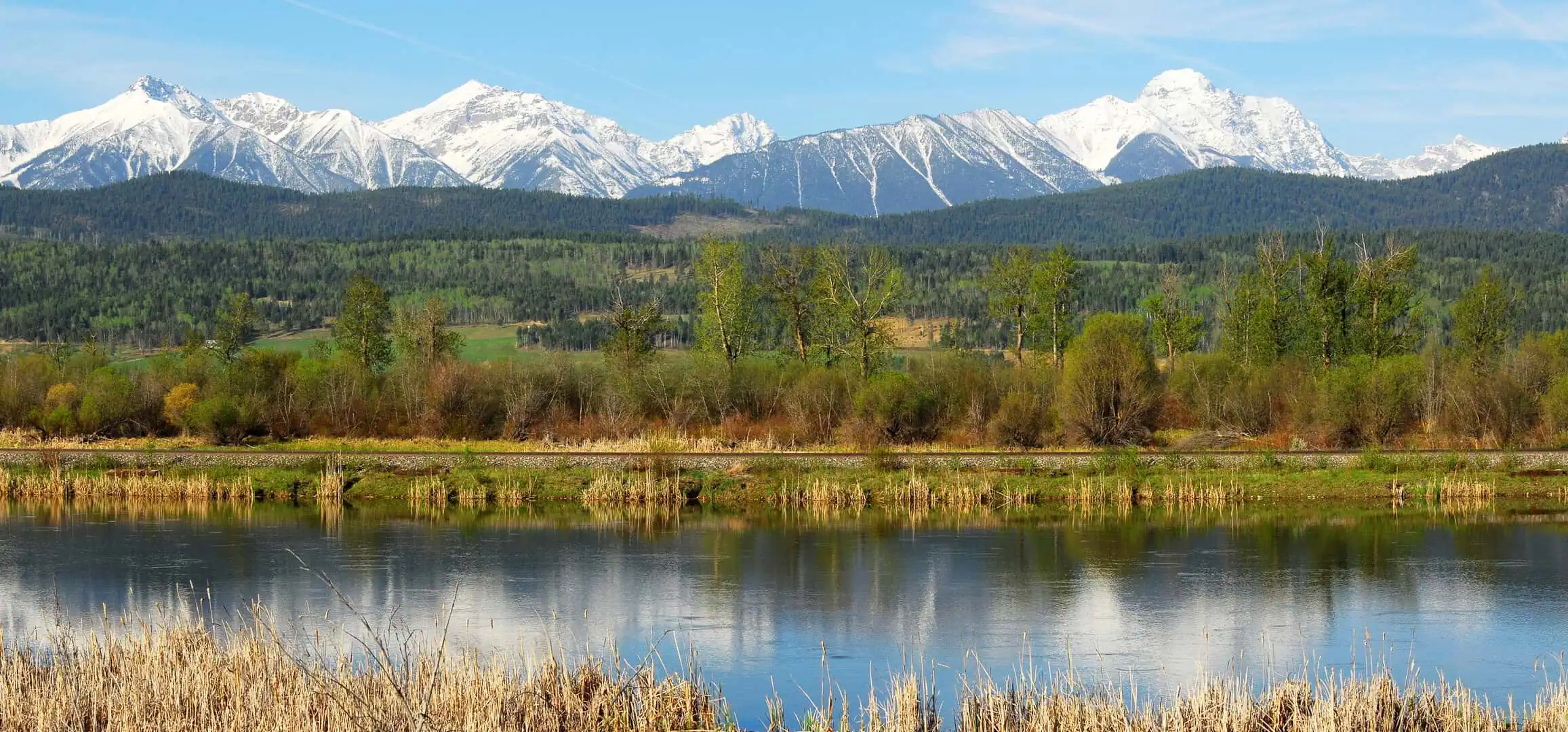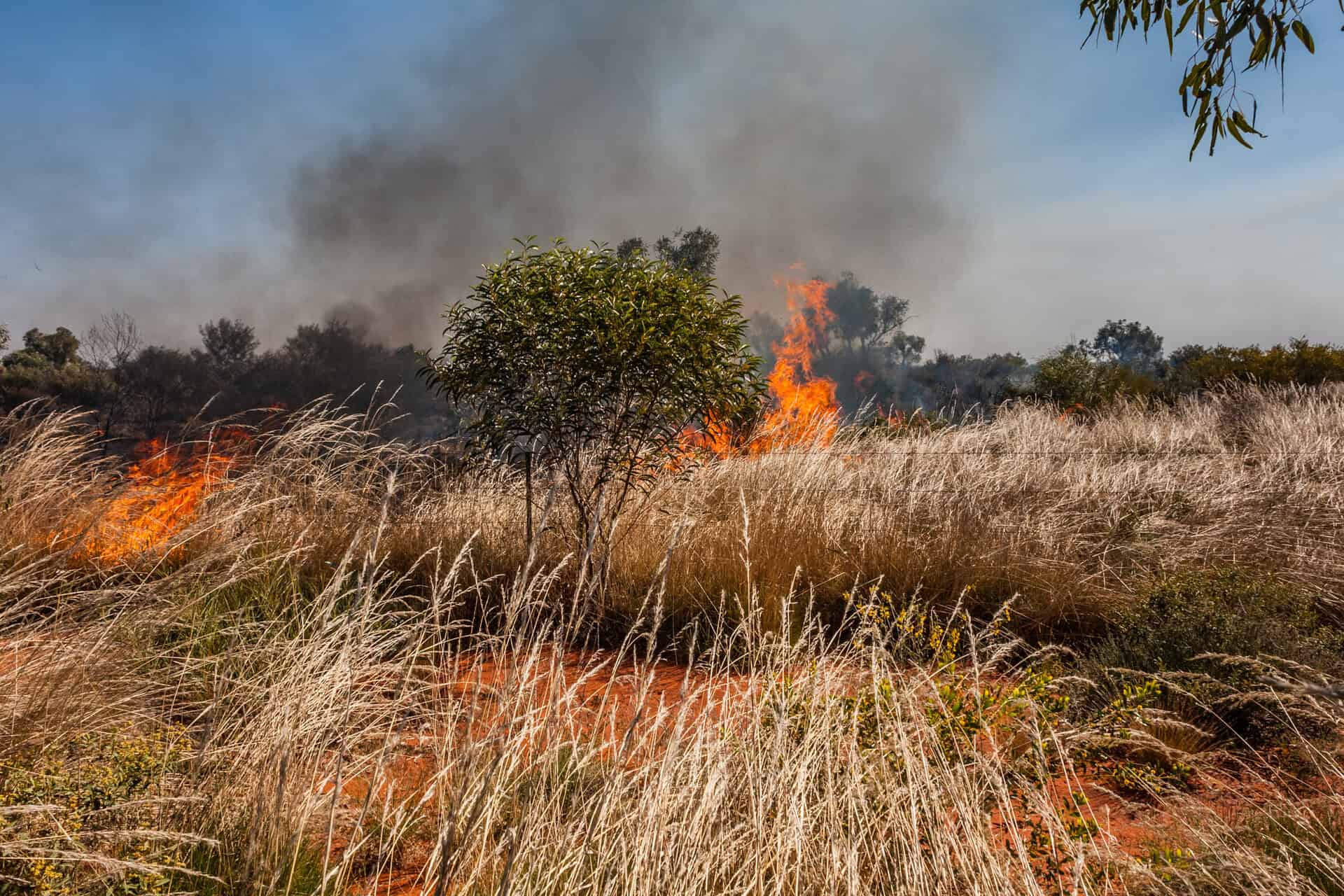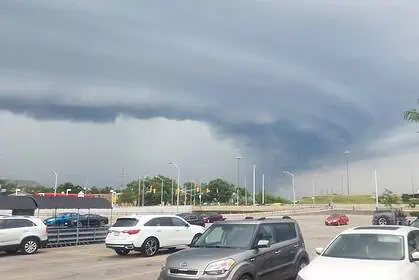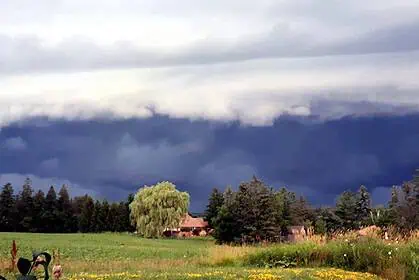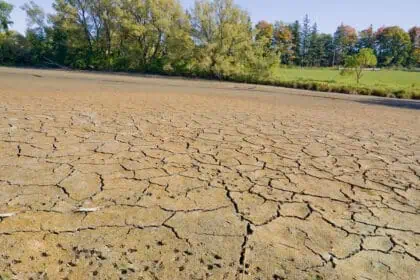Climate change has made the heat waves that swept across Canada during Summer 2024 up to 10 times more probable, according to a newly released report from Environment and Climate Change Canada (ECCC). The findings come from the federal agency’s Rapid Extreme Weather Event Attribution system, which analysed 37 of the most intense heat episodes experienced nationwide this year. All of them were found to be significantly influenced by human-driven global warming.
The study used climate baselines from the pre-industrial era (1850–1900) to assess how much greenhouse gas emissions have altered the frequency and severity of extreme heat events. Among the analysed episodes, two stood out for their clear, strong connection to climate change.
In Yukon, between June 20 and 23, the temperature soared to 22.0°C (71.6°F), exceeding the seasonal norm by 6.5°C. Meanwhile, in Alberta, during the period of May 28 to 31, daytime highs reached 28.8°C (83.8°F)—11.3°C above the average for that time of year. Both events were made between two and ten times more likely by ongoing climatic shifts, as per ECCC’s assessment.
These extreme temperatures are not only a matter of discomfort—they come with a rising financial cost. According to Emergency Management Minister Eleanor Olszewski, prior to the mid-1990s, Canada had only three natural disasters with damages surpassing $500 million. Today, such events occur nearly every year, placing unprecedented strain on public systems, infrastructure, and households.
Between 2020 and 2023, Canada recorded some of the costliest years ever for insurance claims tied to severe weather. These years joined a growing list of billion-dollar disasters, alongside past catastrophes like the 2016 Fort McMurray wildfires, the 2013 floods in Calgary and Toronto, and the 1998 Quebec ice storm.
As extreme weather becomes more frequent and more intense, the insurance sector is under increasing pressure. Insurers are grappling with larger payouts, more complex claims, and a growing need to rethink pricing strategies and underwriting models. Demand is also rising for risk reduction tools, parametric insurance solutions, and broader coverage—especially in high-risk zones vulnerable to wildfire, flooding, and prolonged heat.
Federal officials believe that these attribution studies are helping build a clearer picture of future climate risks. Environment Minister Julie Dabrusin cited the ongoing wildfire season as further evidence that rising temperatures are creating drier conditions, fuelling more frequent and devastating fires across Canada.
Although most attention has focused on heat, ECCC is also applying attribution science to cold weather events. A January 2024 pilot study examined a cold snap in western Ontario, where temperatures plummeted to -34.0°C (-29.2°F). Even as such cold extremes continue to occur, they are becoming less frequent in a warming climate.
To keep the public informed, the government is promoting the WeatherCAN app, which offers real-time weather alerts and warnings aimed at helping reduce risks to life, property, and livelihoods.
This data-driven focus is part of Canada’s broader strategy to expand public access to climate science, support emergency preparedness, and help manage financial risk in an era of increasingly volatile weather.
